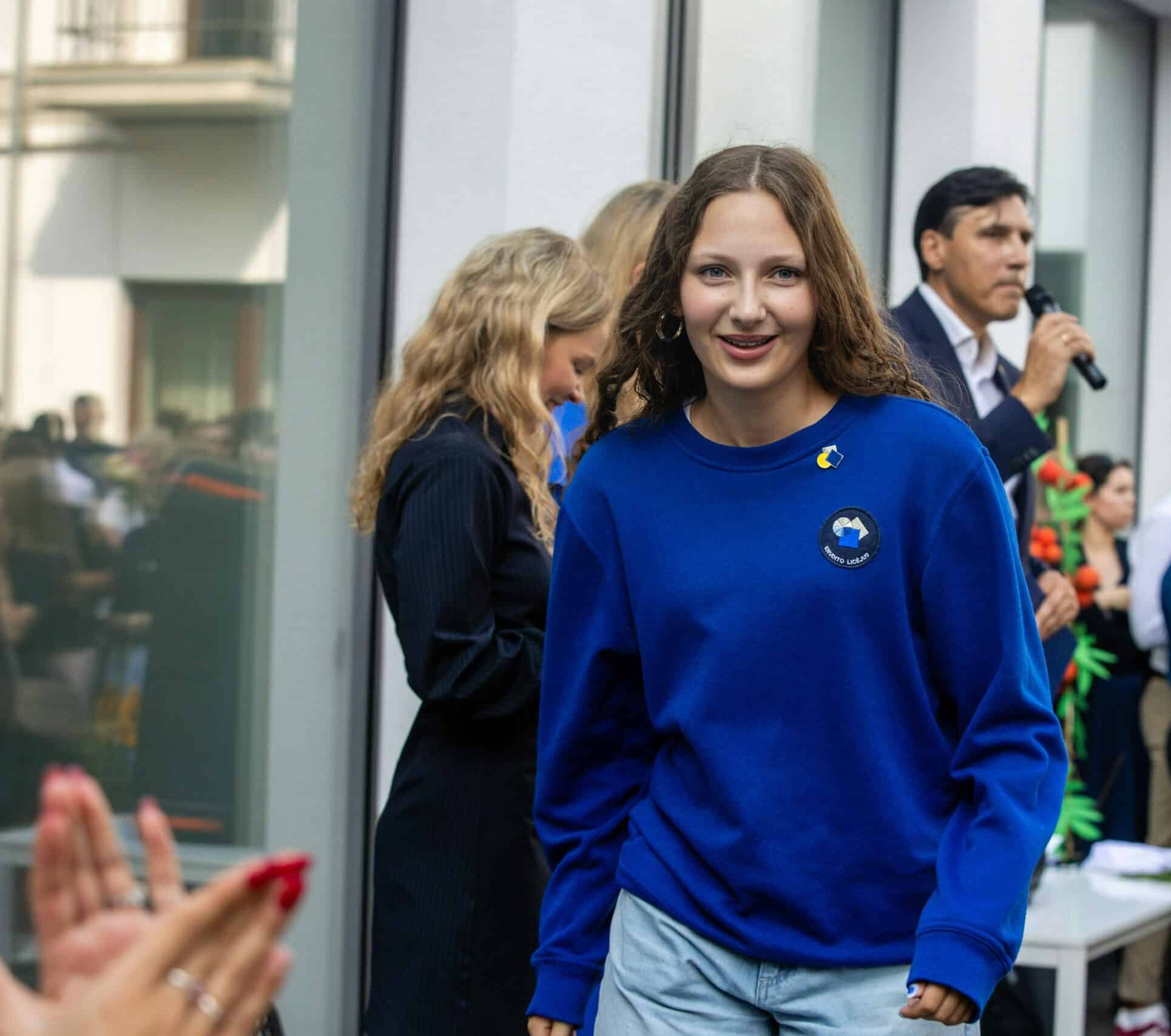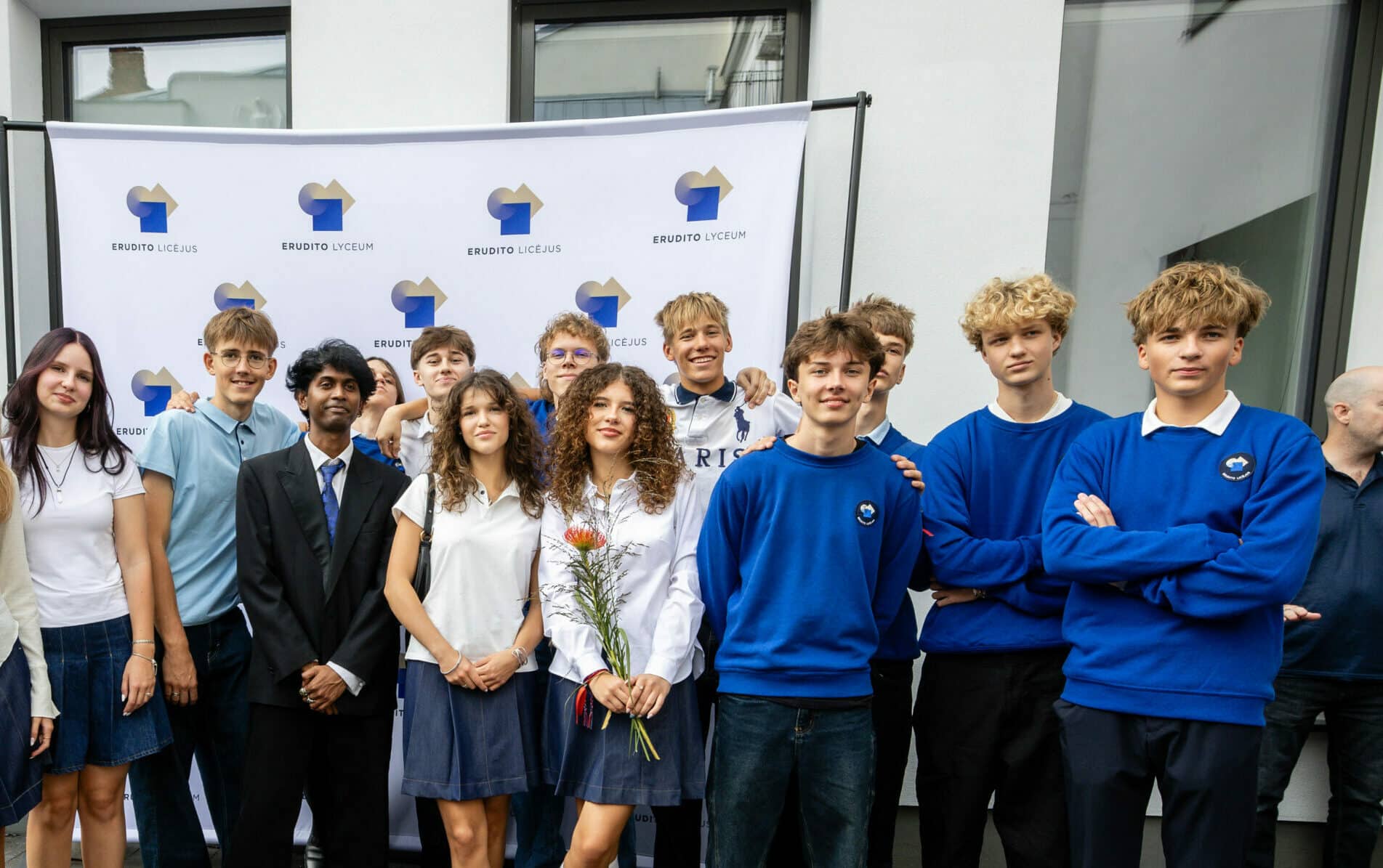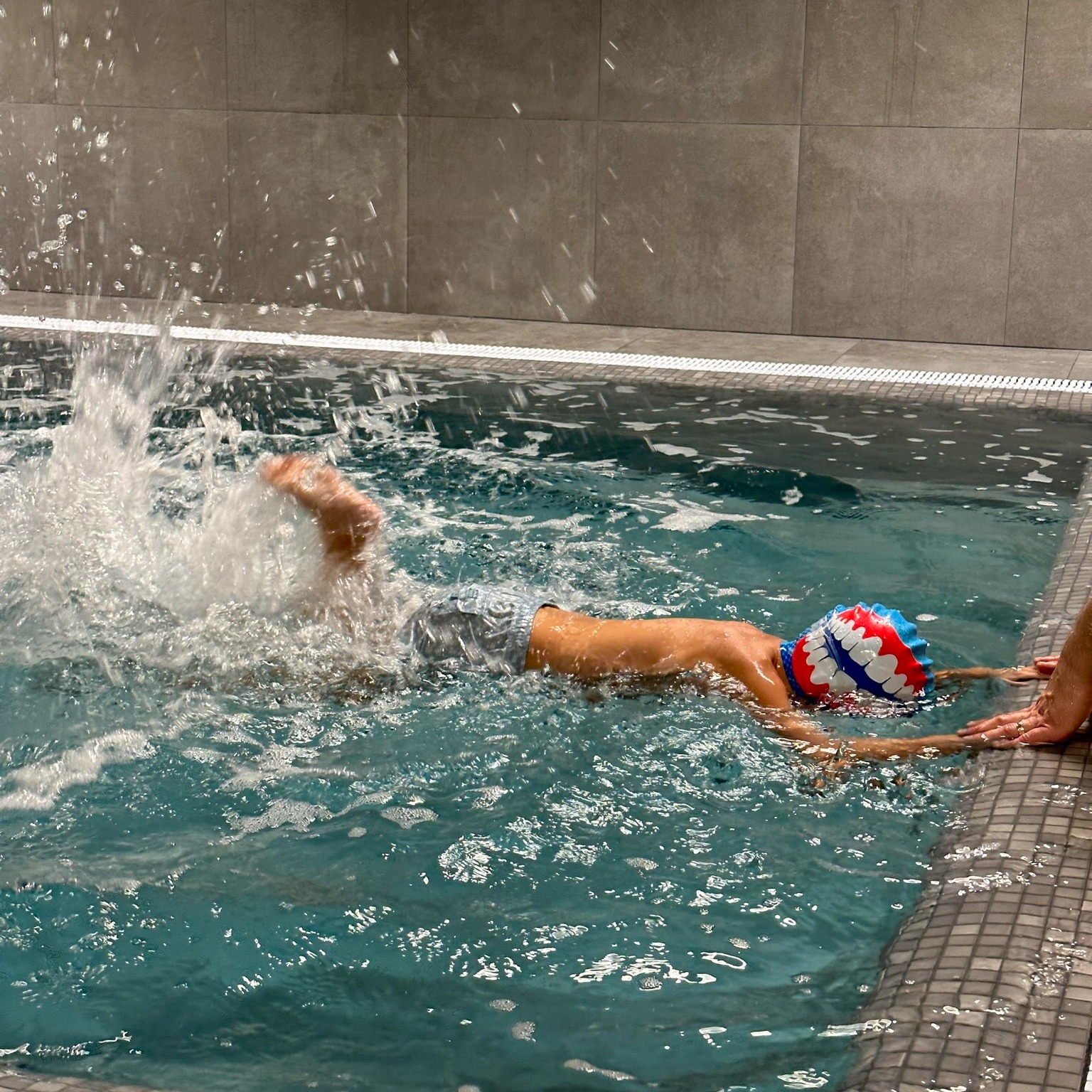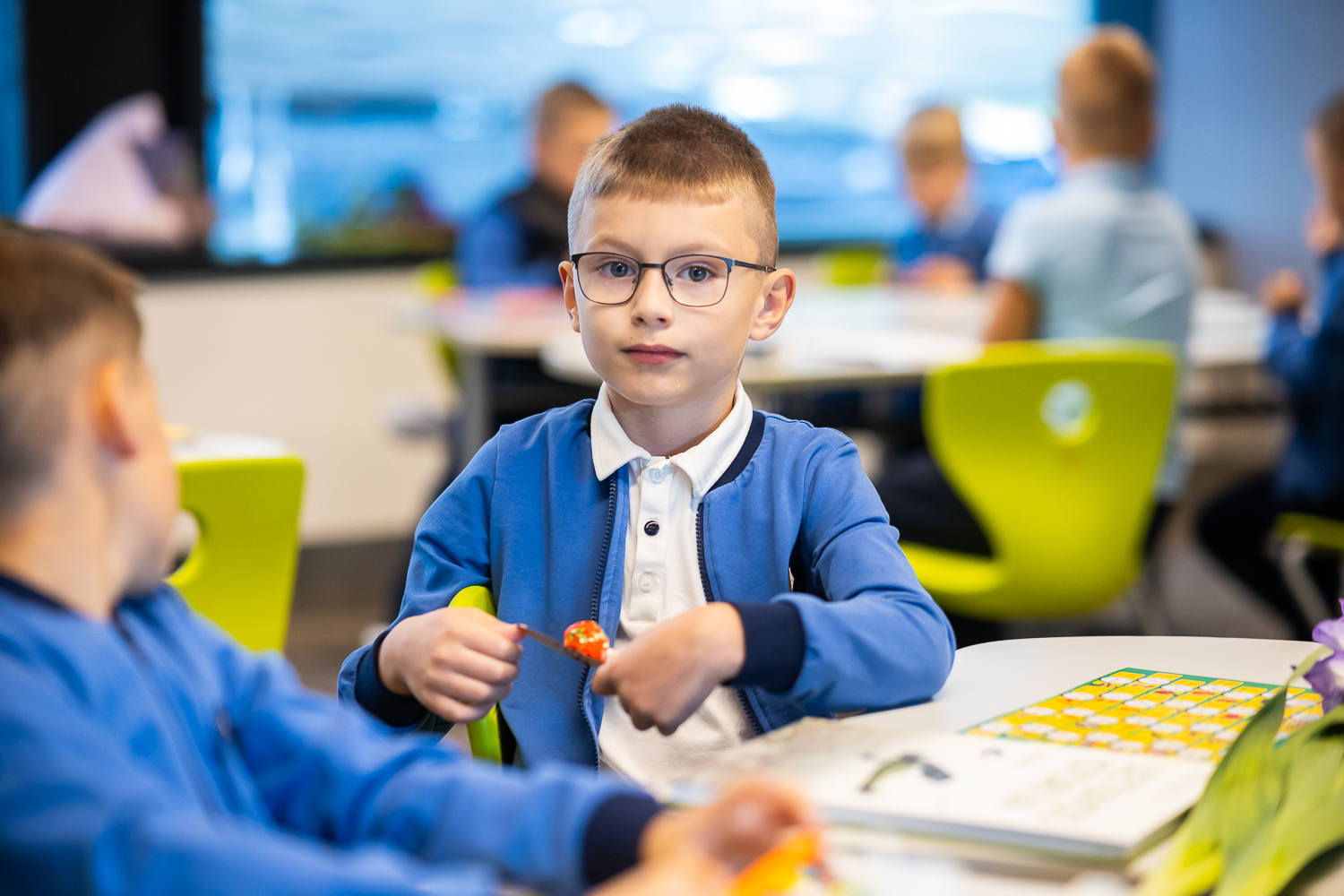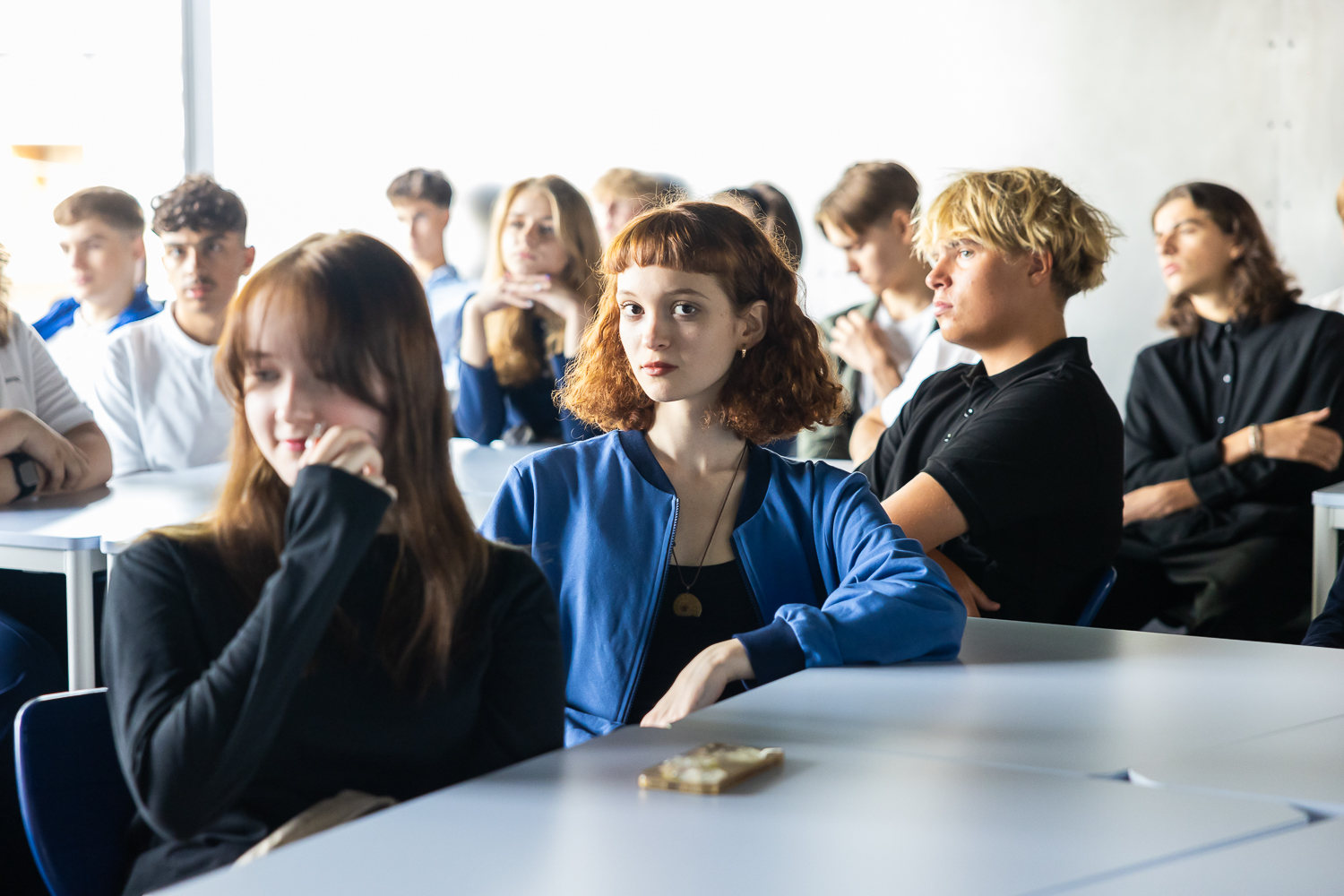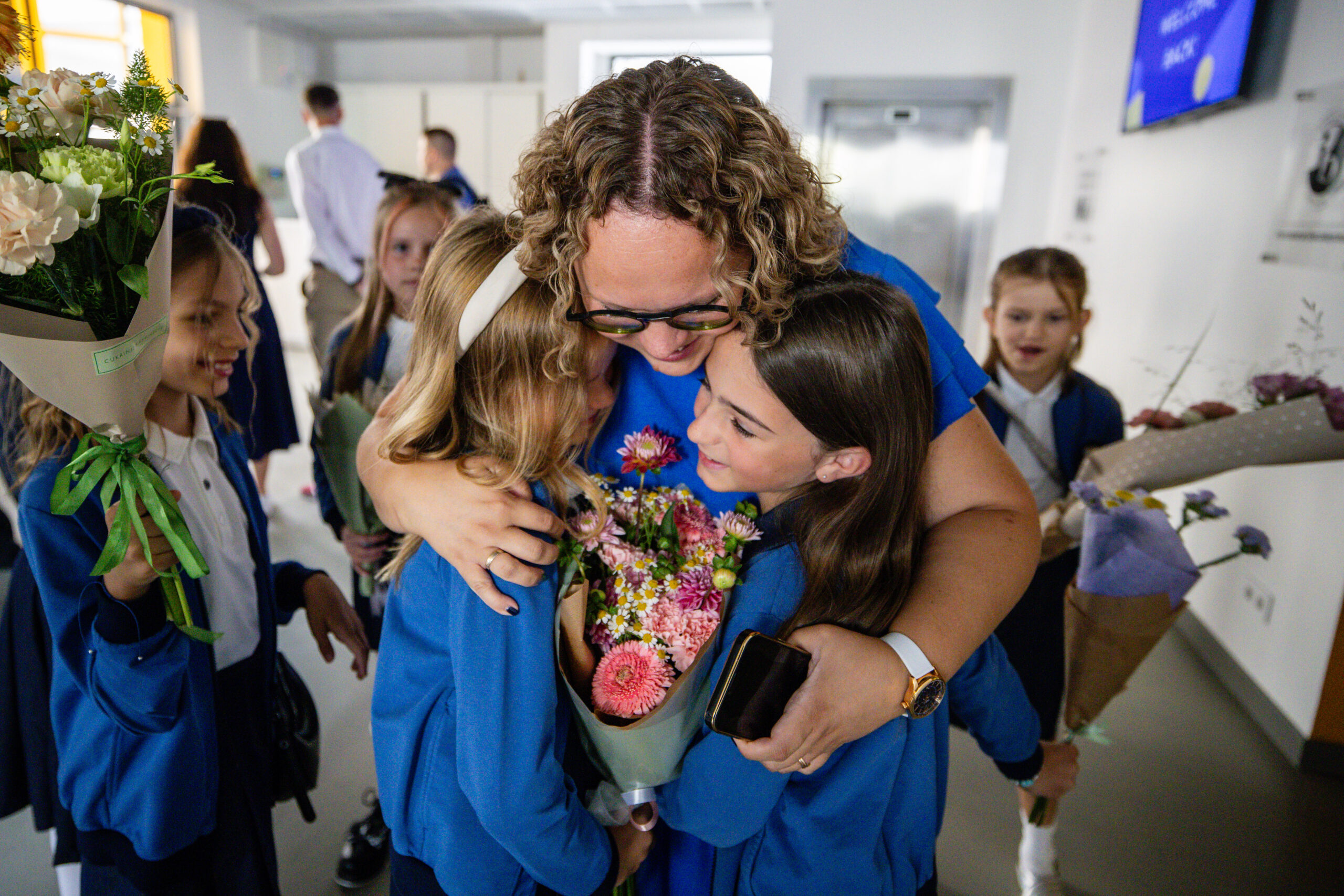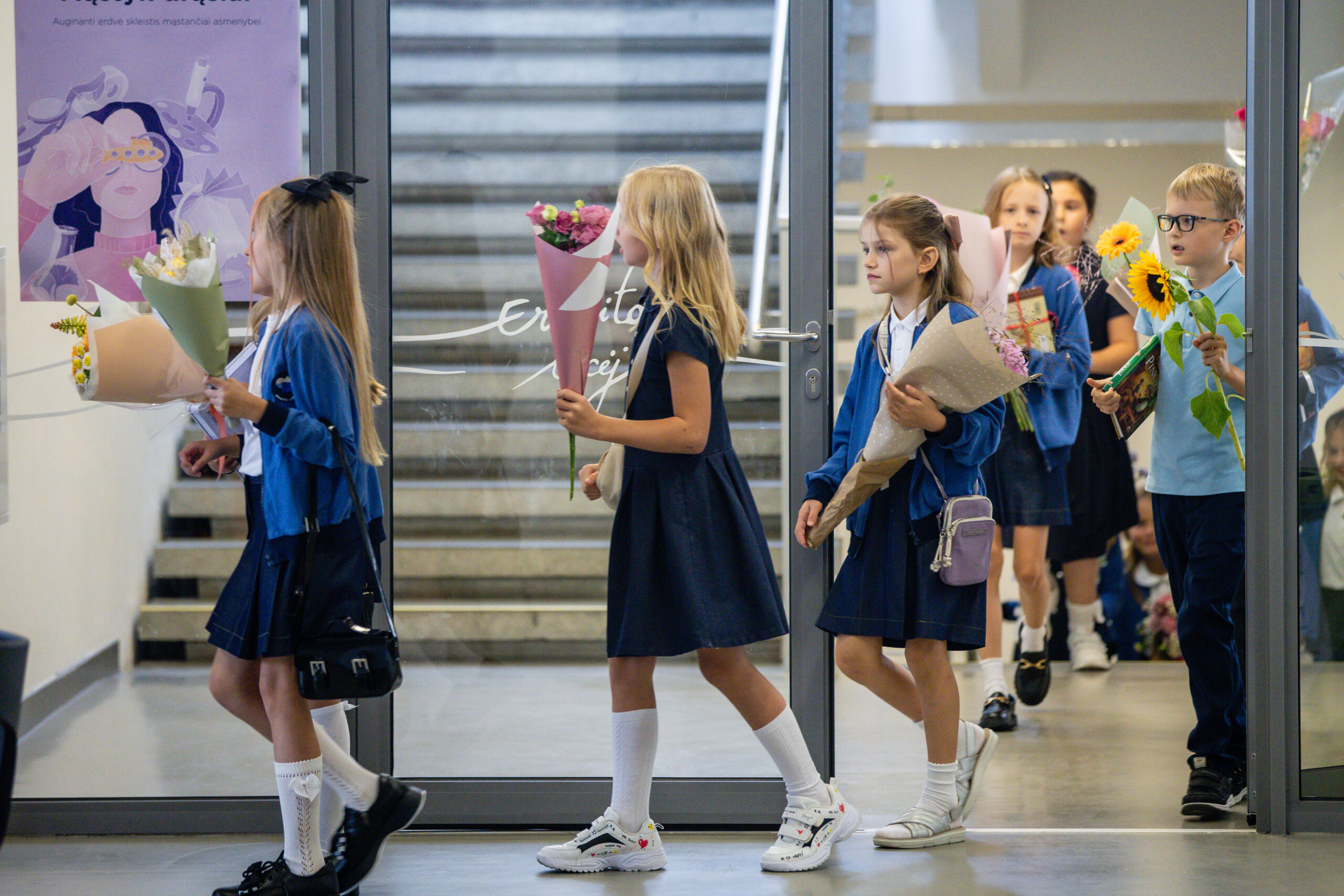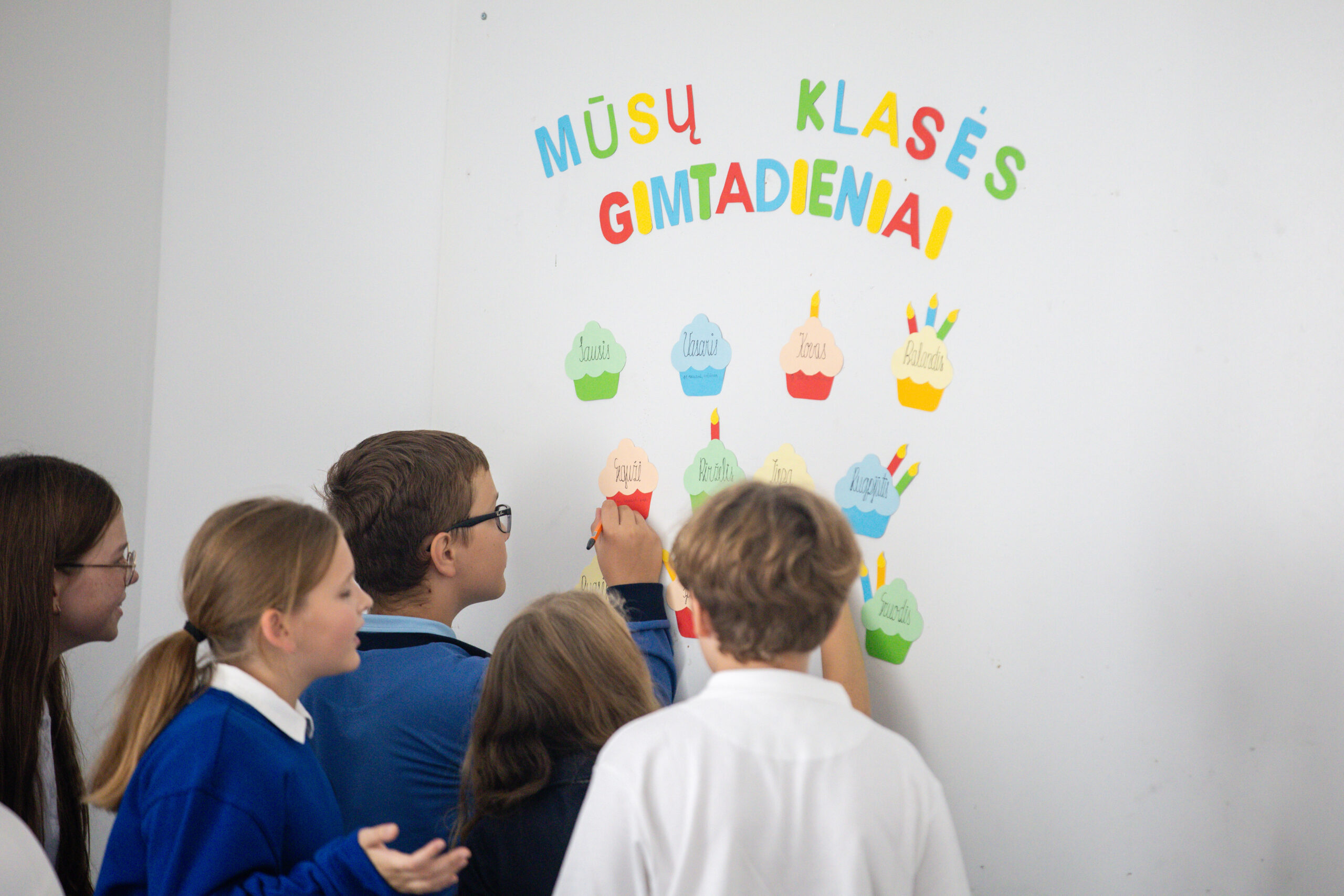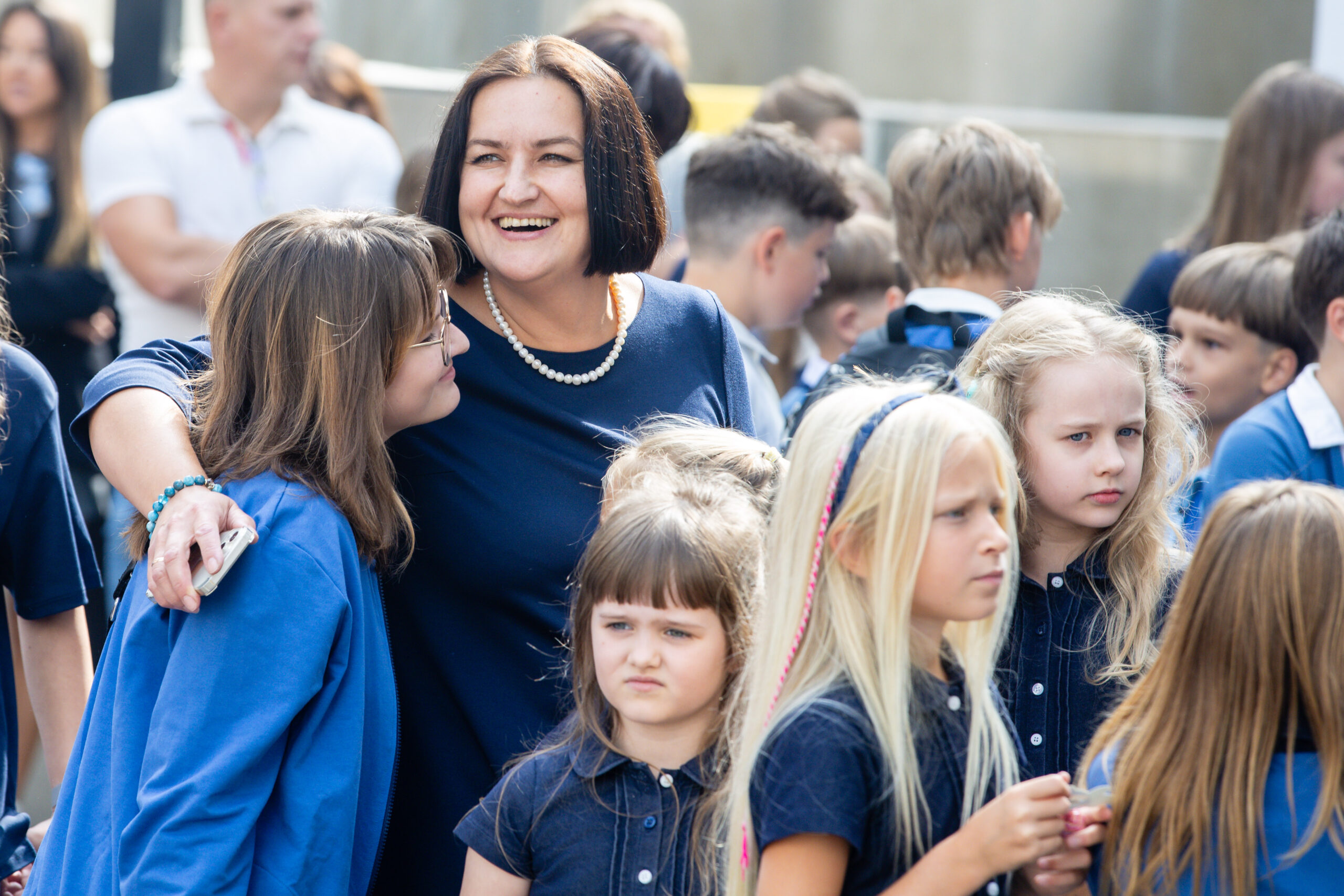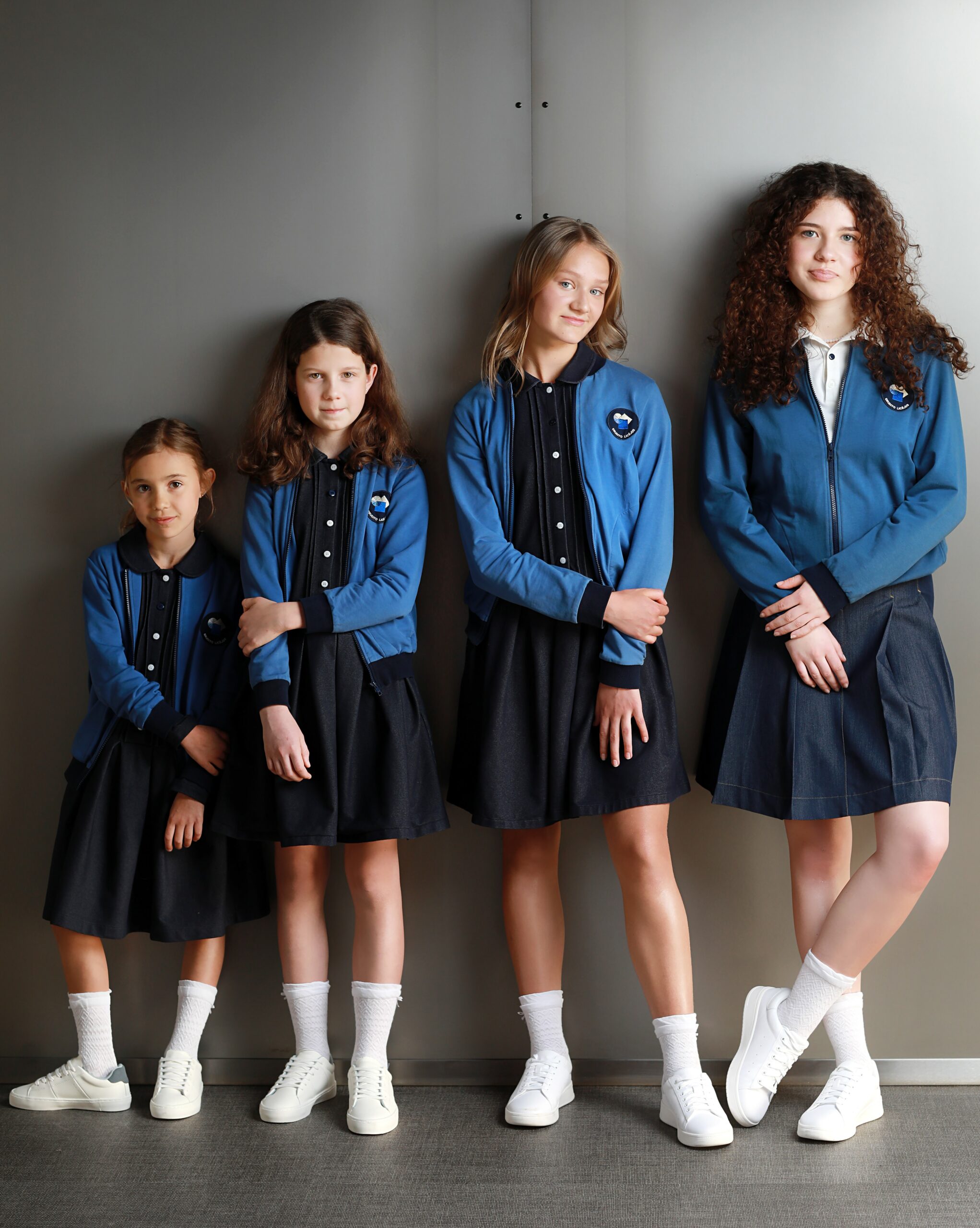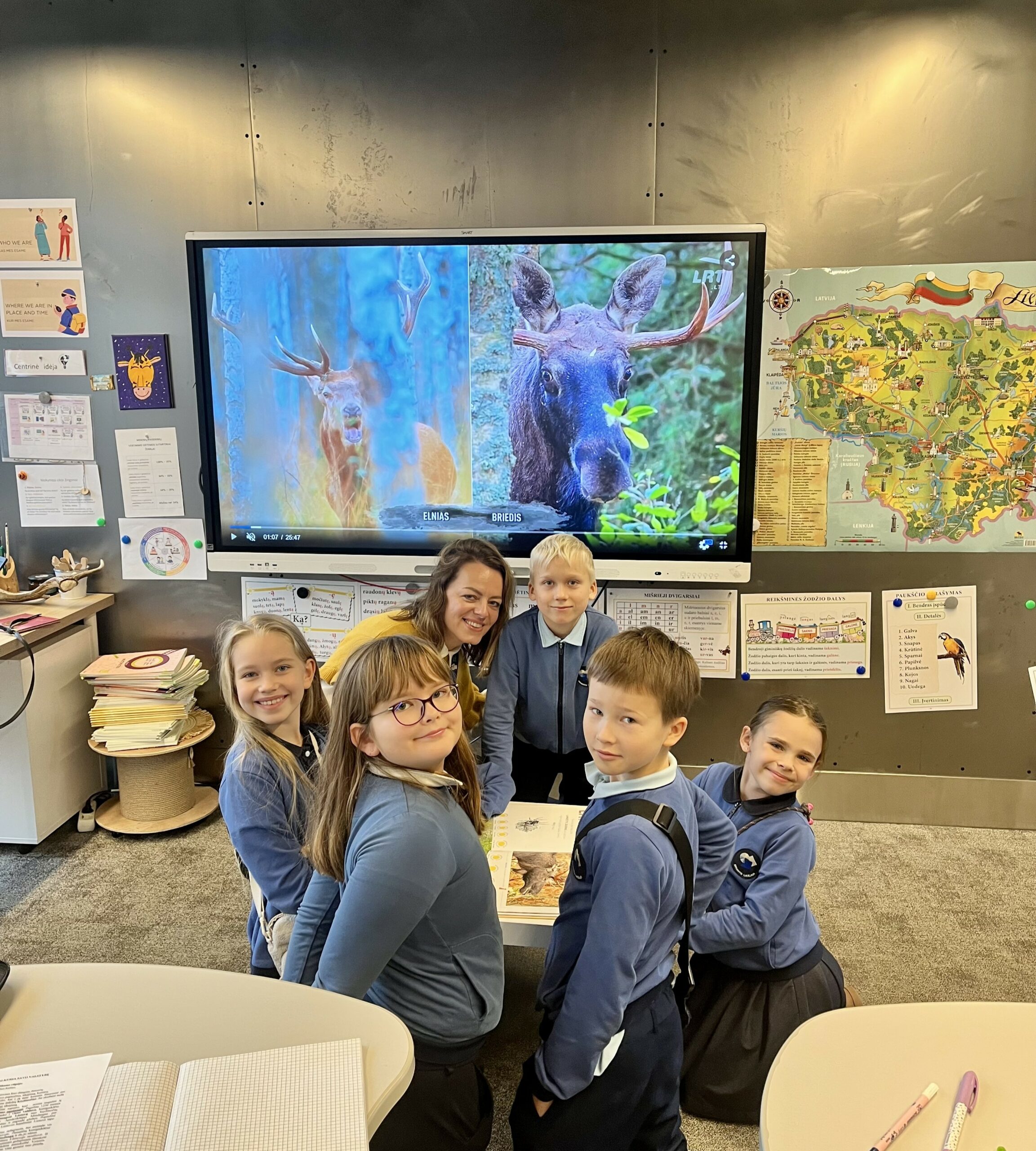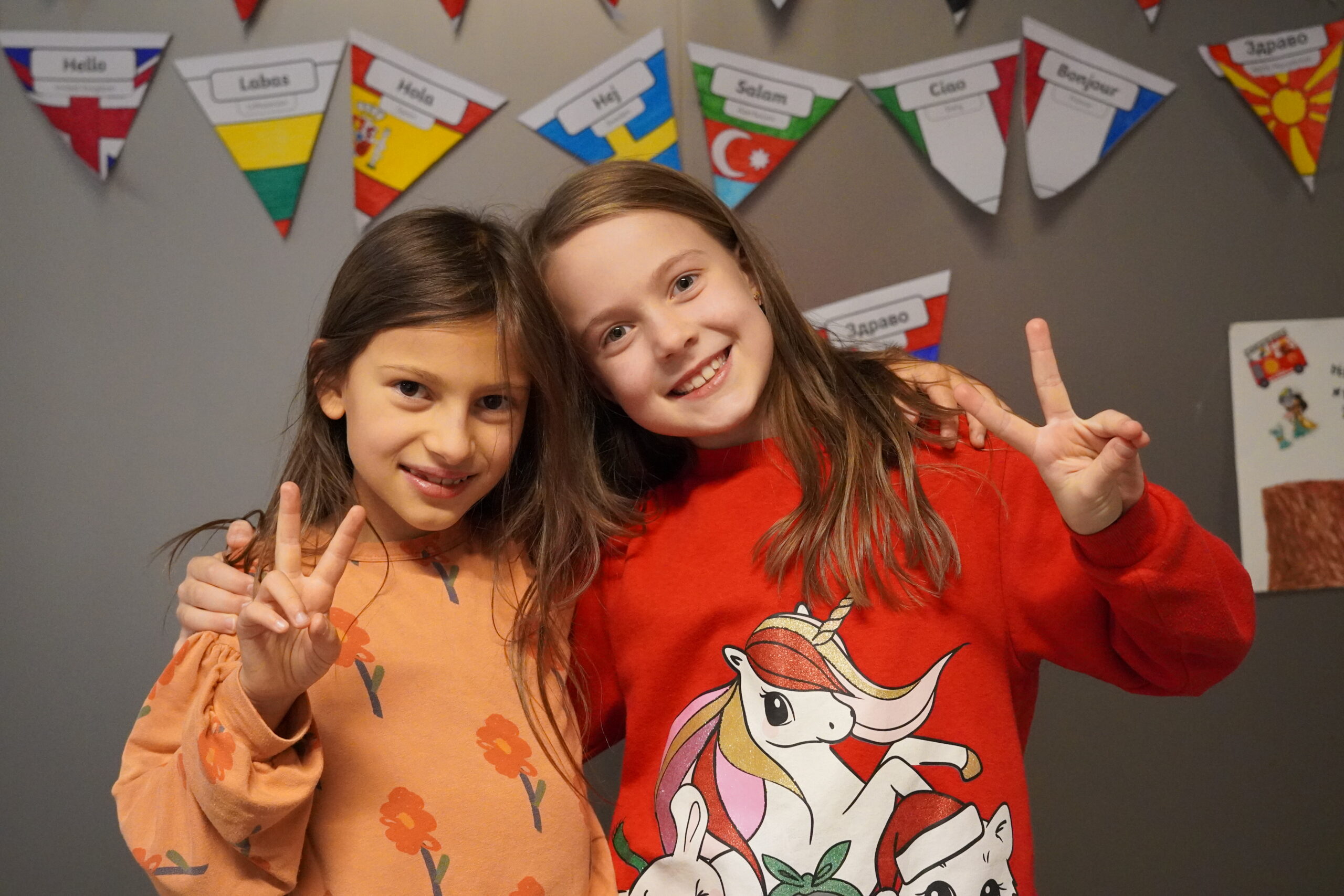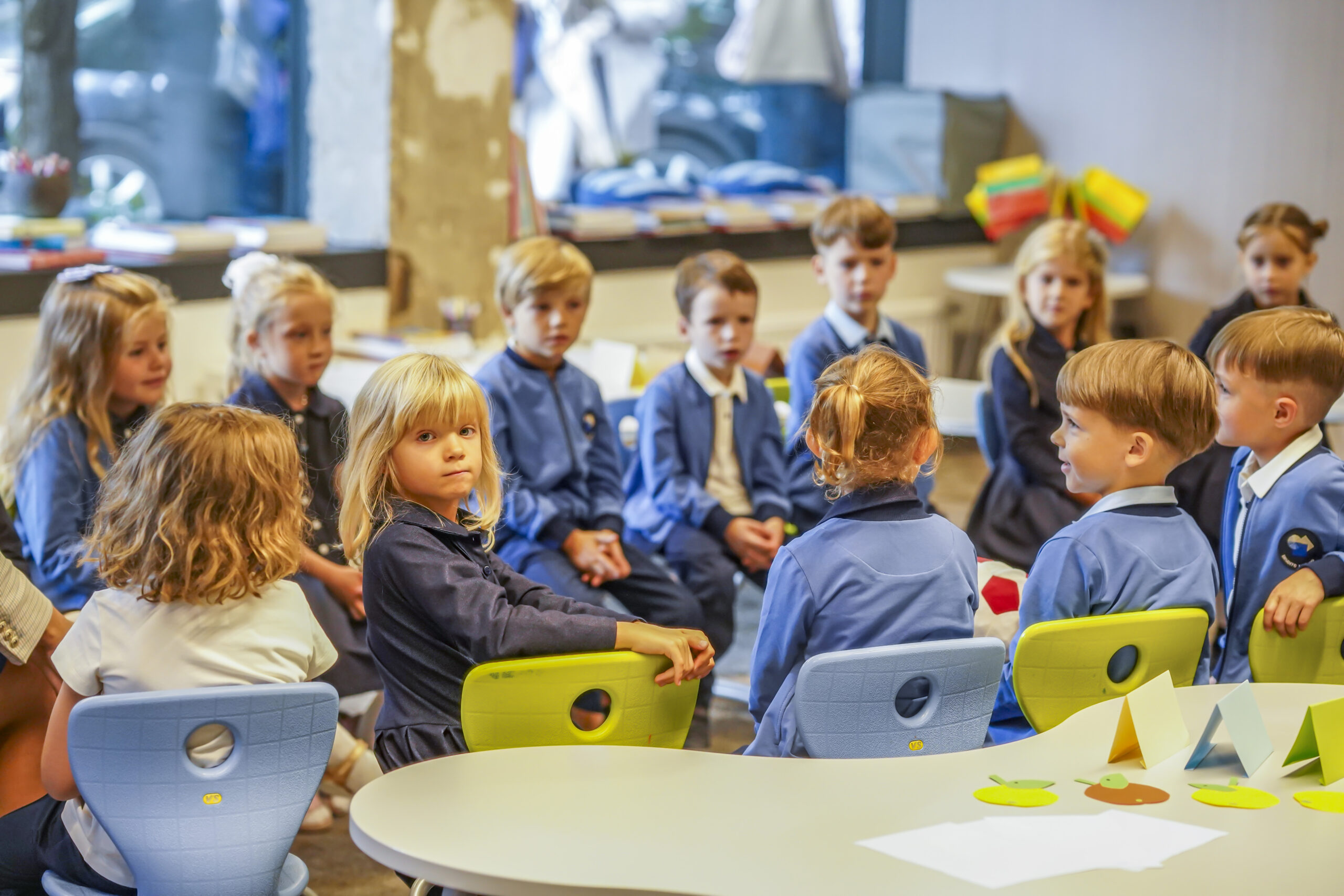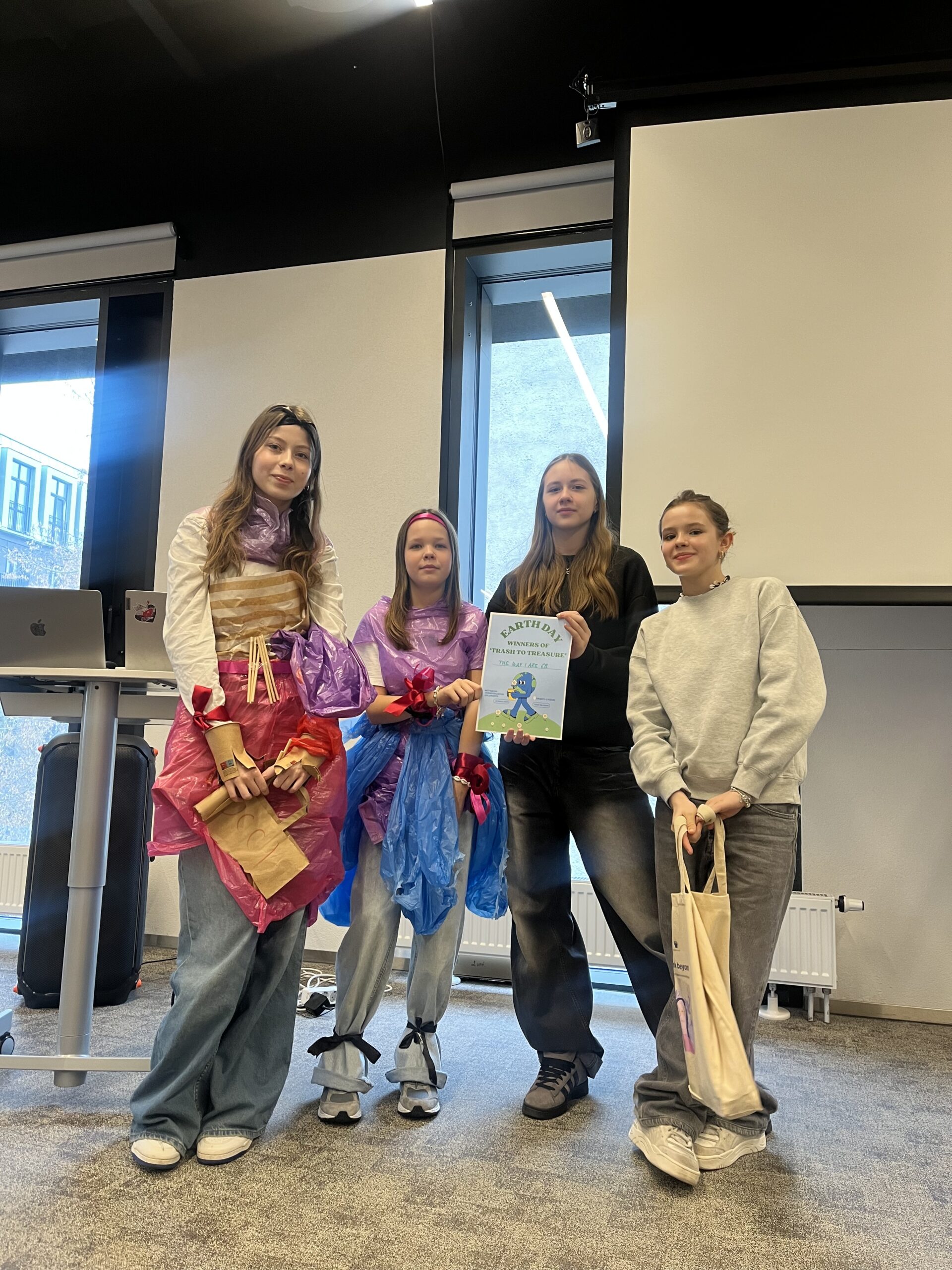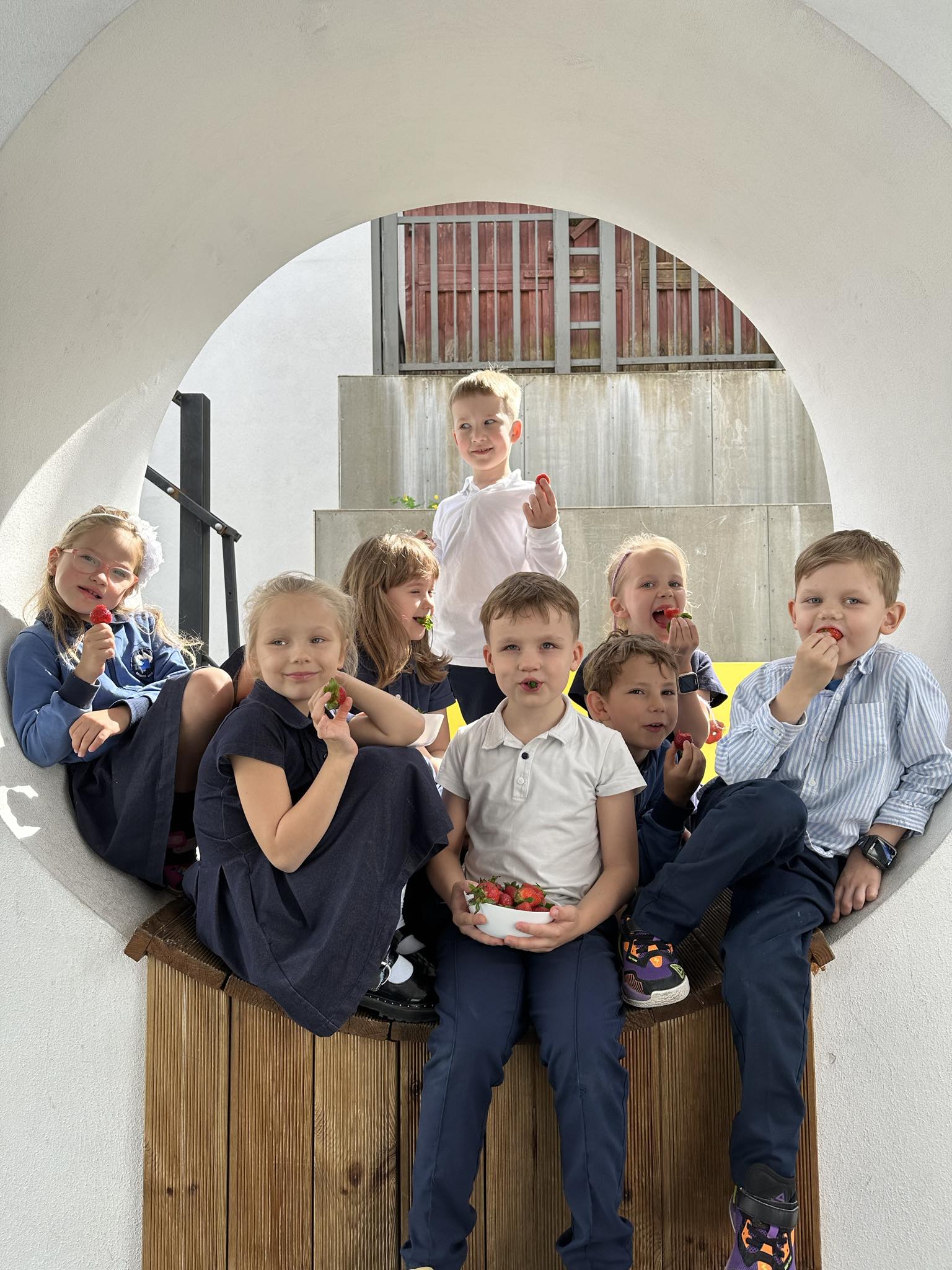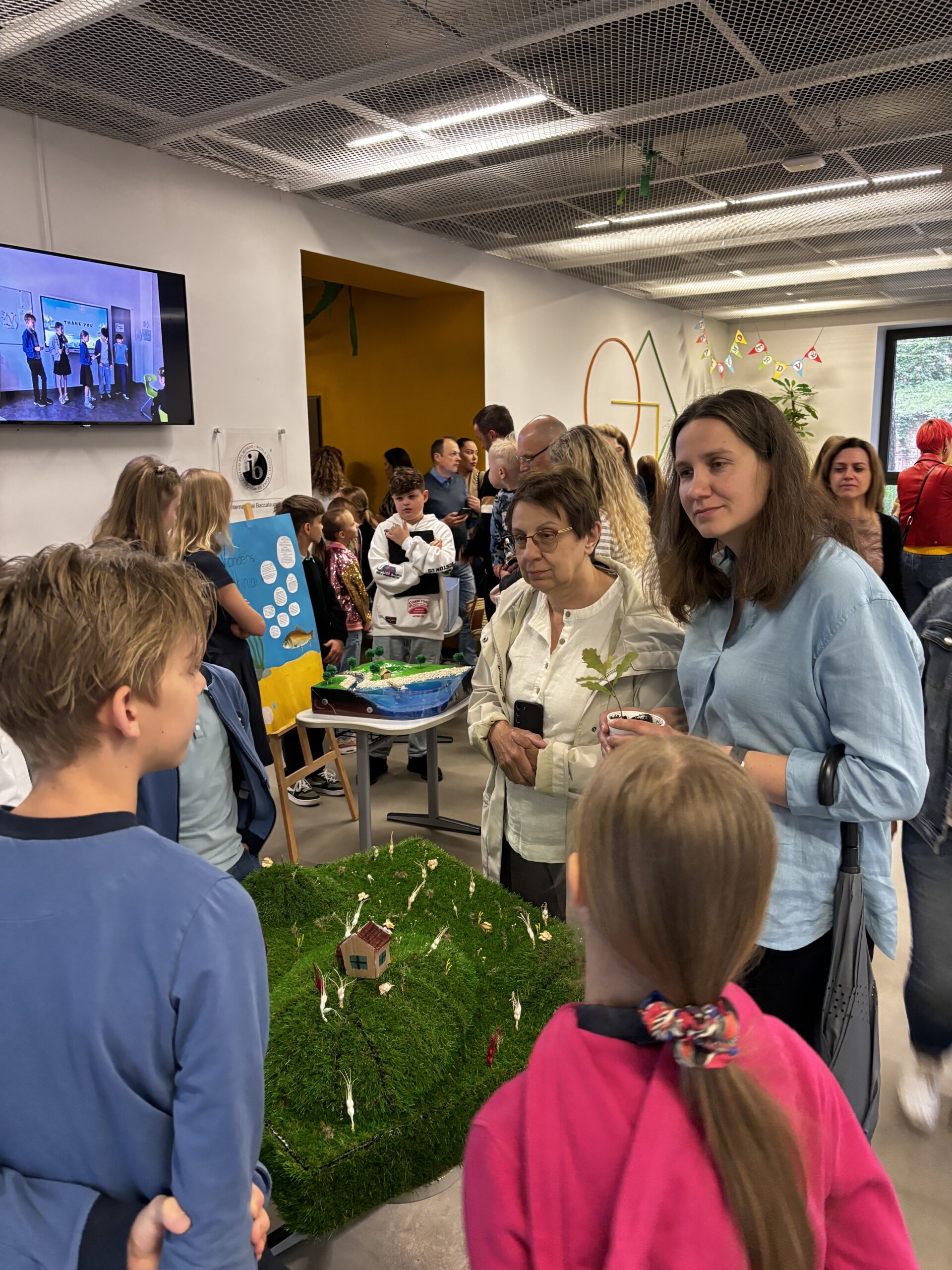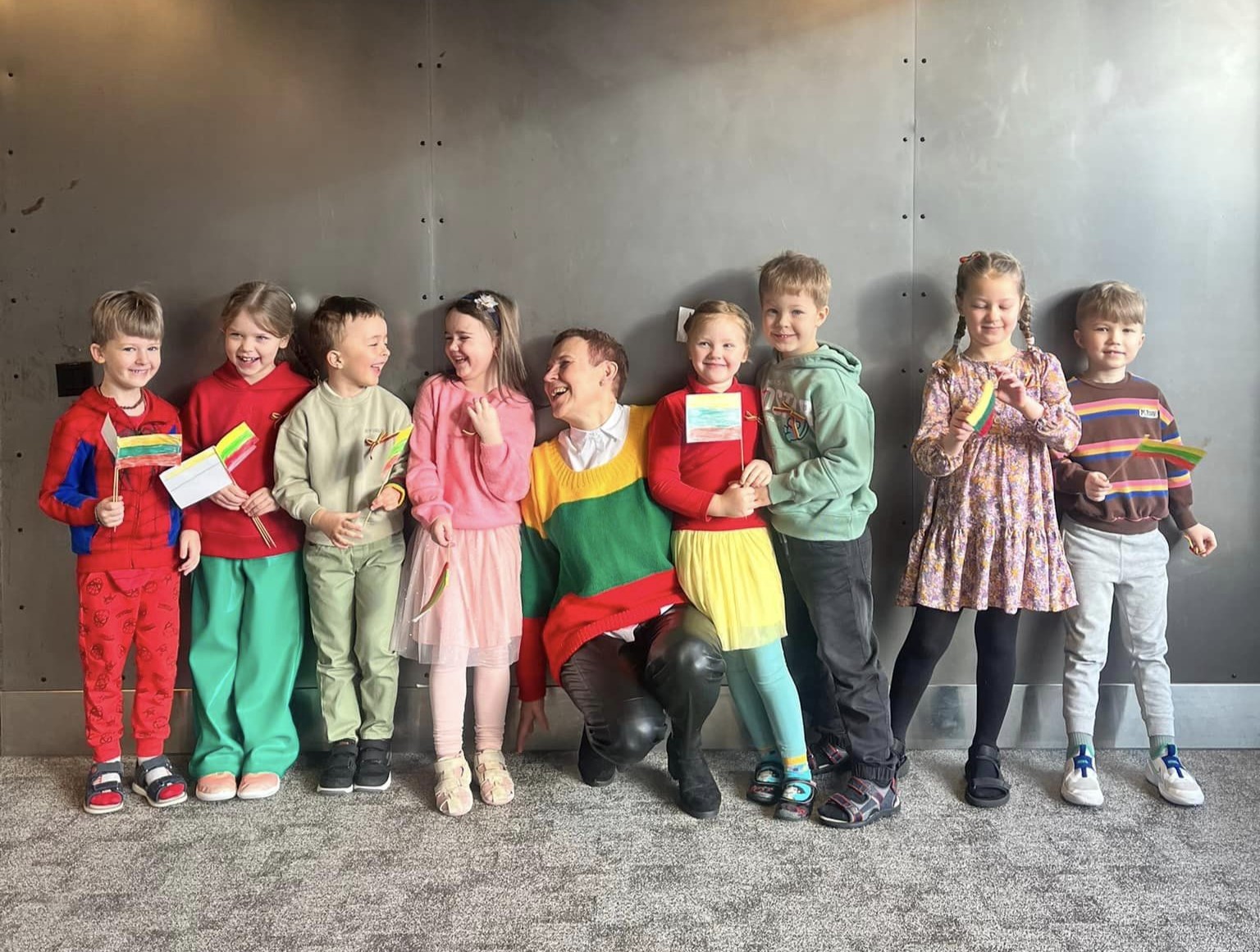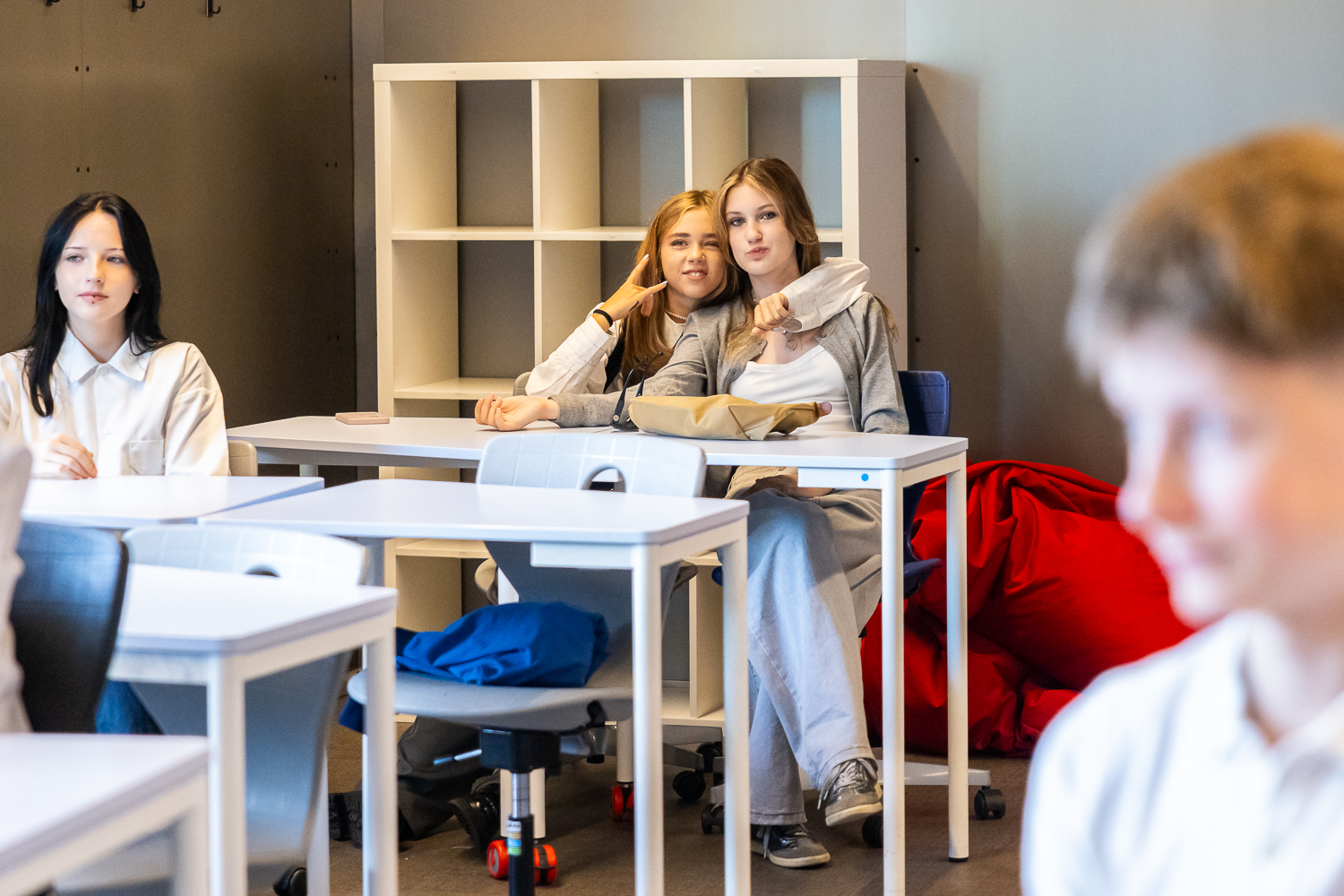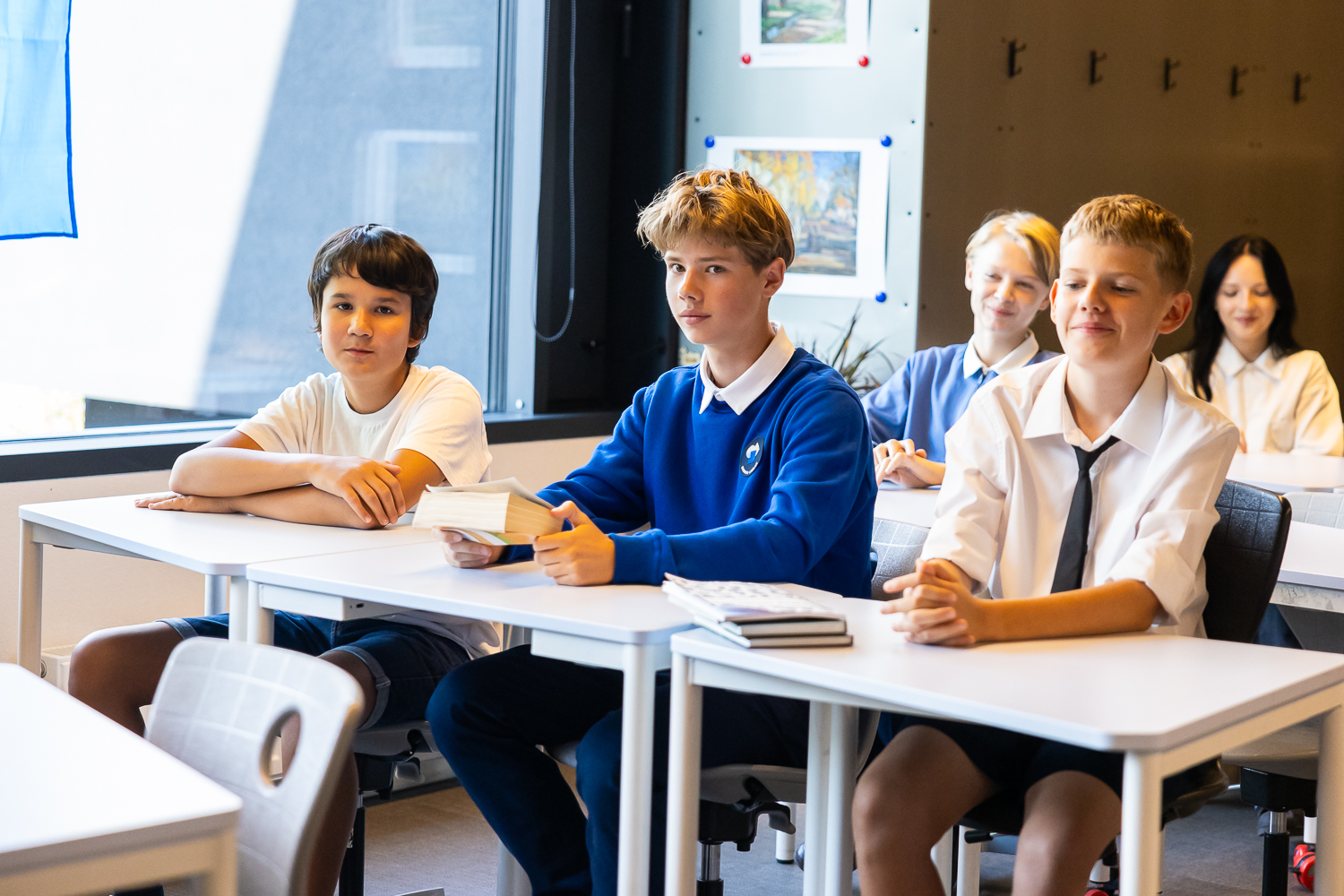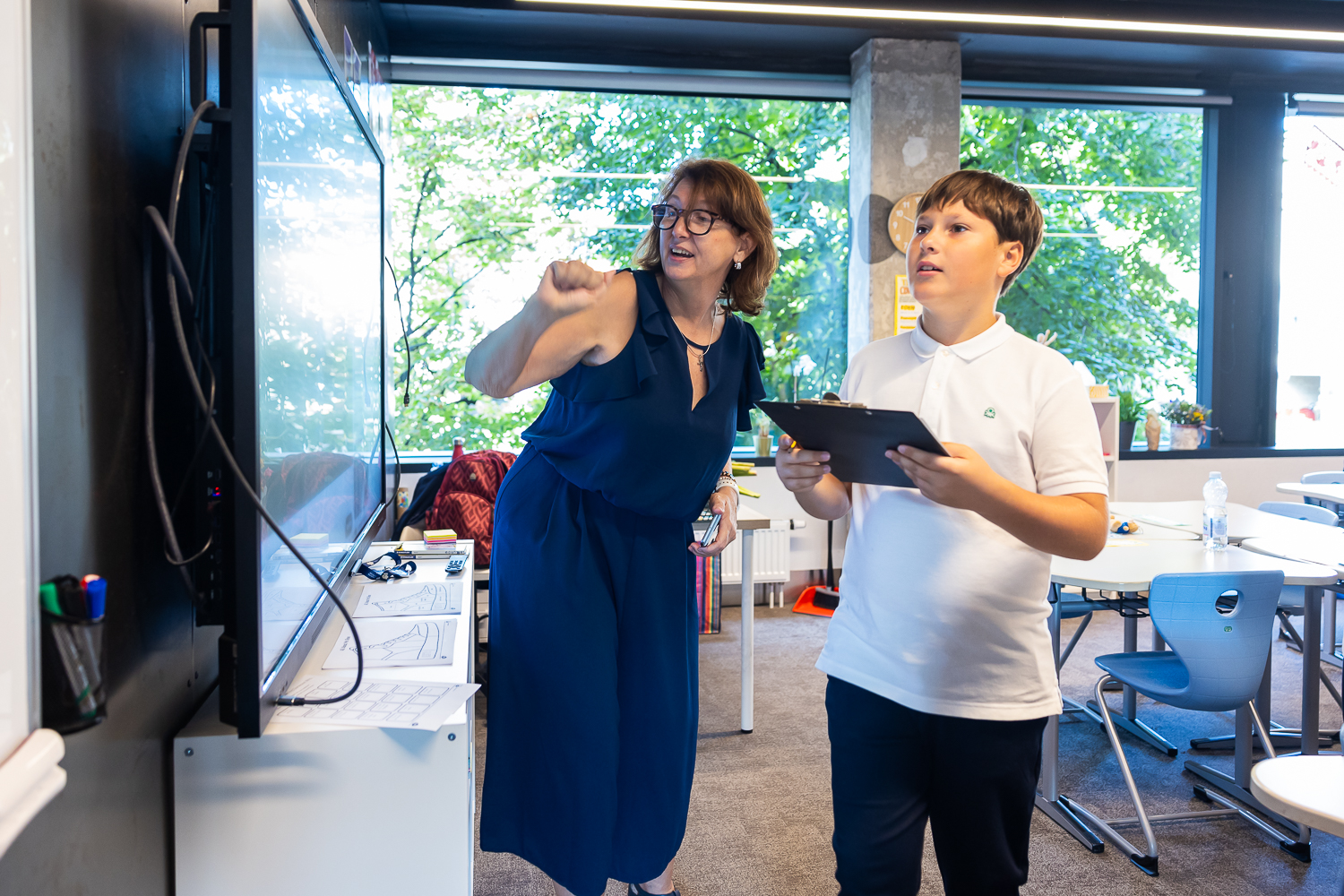Higher secondary school at the Erudito Lyceum (Grades 9-10)
A space for great personalities to grow!
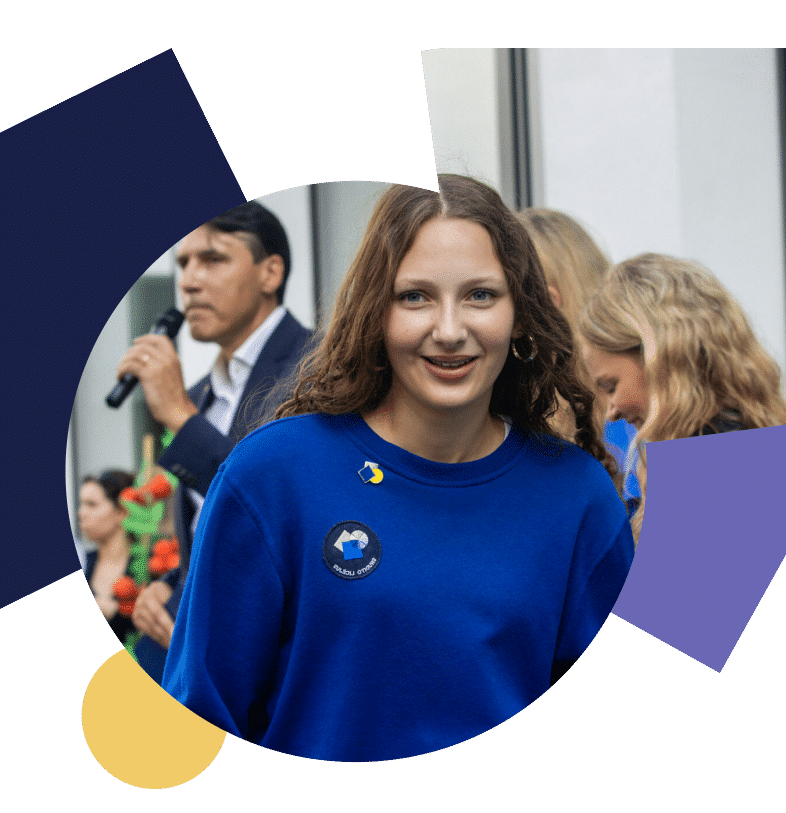
Higher secondary classes at Erudito Lyceum are based on the national and international Curriculums. Currently, the school offers two possible educational paths: national classes, taught in Lithuanian and based on the national educational curriculum, and international education, taught in English.
The educational philosophy at Erudito Lyceum combines deep academic knowledge with essential skills needed for the future. The value of the programmes lies in the skills they develop: critical thinking, problem-solving, collaboration, and effective communication. Grades 9 and 10 at Erudito Lyceum are special in that great attention is paid to preparation for the International Baccalaureate Diploma Programme (IB DP) for grades 11 and 12.
Why choose us?
Developing future skills
Educational programs that combine academic knowledge with practical skills for future challenges.
The beginning of the IB DP path
IB DP teachers begin teaching some classes as early as grades 9 and 10, with more education being conducted in English. The characteristics of the IB student profile are beginning to be developed: curiosity, openness to ideas, caring, principledness, self-criticism, thinking, courage to make decisions, comprehensiveness, communication skills, questioning and researching.
Scholarships
Opportunity to apply for a scholarship covering up to 100% of the annual tuition fees.
Global community
An international environment bringing together teachers and students from over 30 countries worldwide.
Entrepreneurship education
Development of entrepreneurial thinking through entrepreneurship lessons, startup simulations, and technology literacy from grade 5 onward.
Project-Based Learning
Project-based learning – students solve real-world problems together with leading organizations in Lithuania.
Essential educational principles
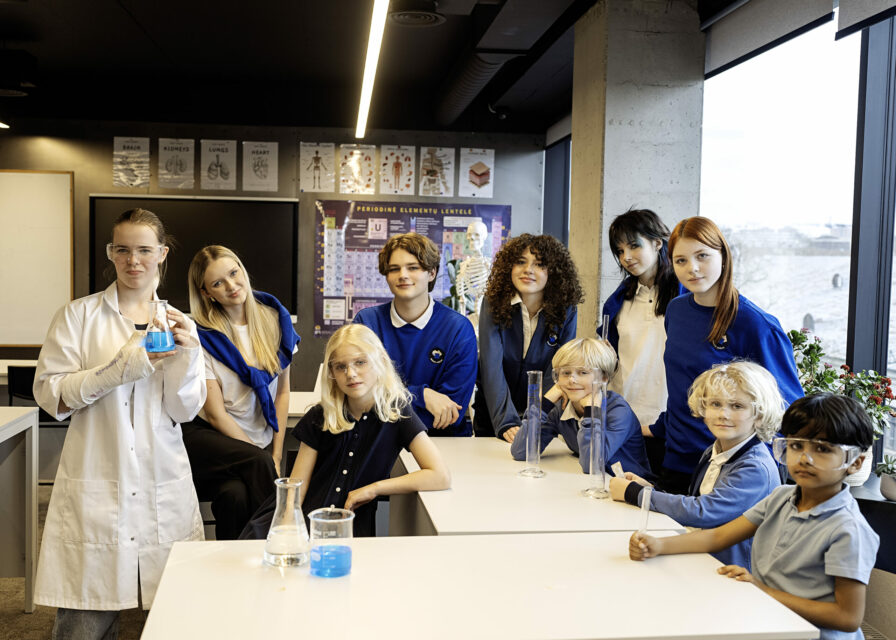
We organize education by actively engaging students in the learning process, fostering their independence and ability to argue effectively in discussions.
We believe that a student’s motivation is driven by their engagement, the development of personal viewpoints, and the ability to share these with others while working in a team.
Active learning is based on team projects and game-based methods, promoting collaboration, creativity, and intellectual curiosity.
Project-based learning is a research-based method focused on student independence and responsibility in solving relevant real-world problems. It encourages deep learning, critical thinking, and active participation in education.
Project-based learning creates opportunities to integrate various subjects, eliminates artificial separations between disciplines, fosters a holistic understanding of the world, and teaches how to solve unique, complex, and multifaceted tasks.
This method fosters collaboration, problem-solving, and creativity, reflecting the modern world where the careers of most future professionals will involve implementing interconnected projects rather than performing routine tasks.
“Learning without thought is meaningless. Thought without learning is harmful.” – Confucius
We place special emphasis on developing thinking skills, demonstrating that merely knowing facts is meaningless — meaning is created through the application of knowledge and creativity.
We involve the entire lyceum community in learning effective, critical, and creative thinking. These skills and techniques are applied collaboratively to develop an effective curriculum and meaningful activities.
Developing thinking skills is a fundamental requirement for people to compete in an artificial intelligence world; therefore, we nurture creators who think outside the box.
Entrepreneurship education involves developing students’ abilities to analyze opportunities, generate ideas, create projects to implement those ideas, and work effectively in teams by distributing tasks and achieving a shared outcome.
Everything learned in the classroom has real-life counterparts. Students analyze the financial and social activities of actual companies and organizations. By analyzing these companies, students identify problems and discover solutions, transforming them into value-creating opportunities.
We shape experiential education based on the 7 skills identified by Dr. Tony Wagner, a professor at Harvard University. Properly developed entrepreneurial skills enable better knowledge acquisition, understanding of their meaning and application possibilities, integration of different knowledge, and creation of new ideas through collaboration and joint action.
Admissions to the higher secondary school (Grades 9-10)
Join the Erudito Lyceum community and discover quality education in Kaunas and Vilnius.
Daily schedule
Get to know the school’s daily schedule. Children learn through experience by exploring the world in practical and active ways.
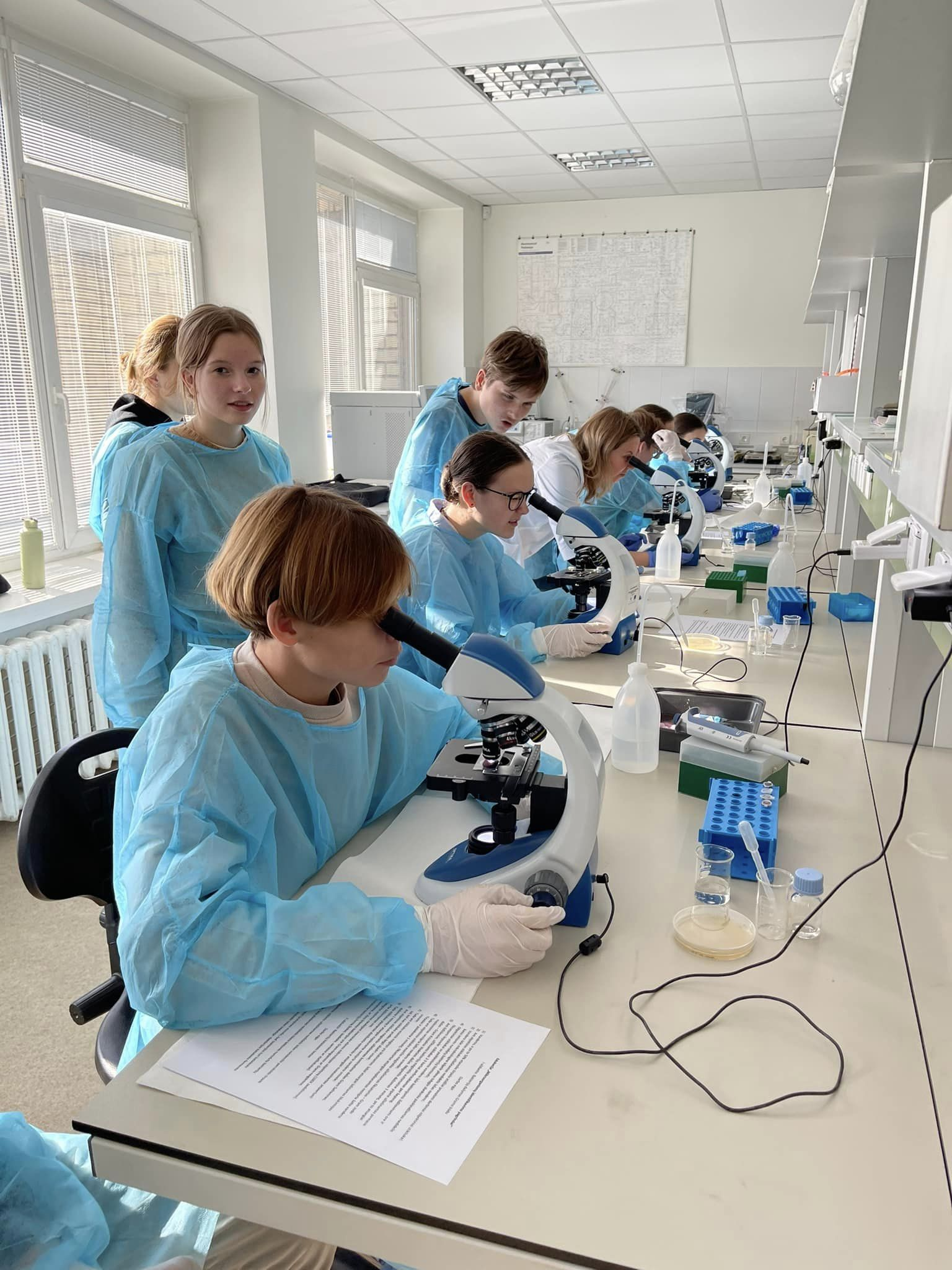
8:15 – 15:30
Lessons
4 lessons of integrated content, 90 minutes each, with 2 short and 1 long break.
A Day at Erudito Lyceum
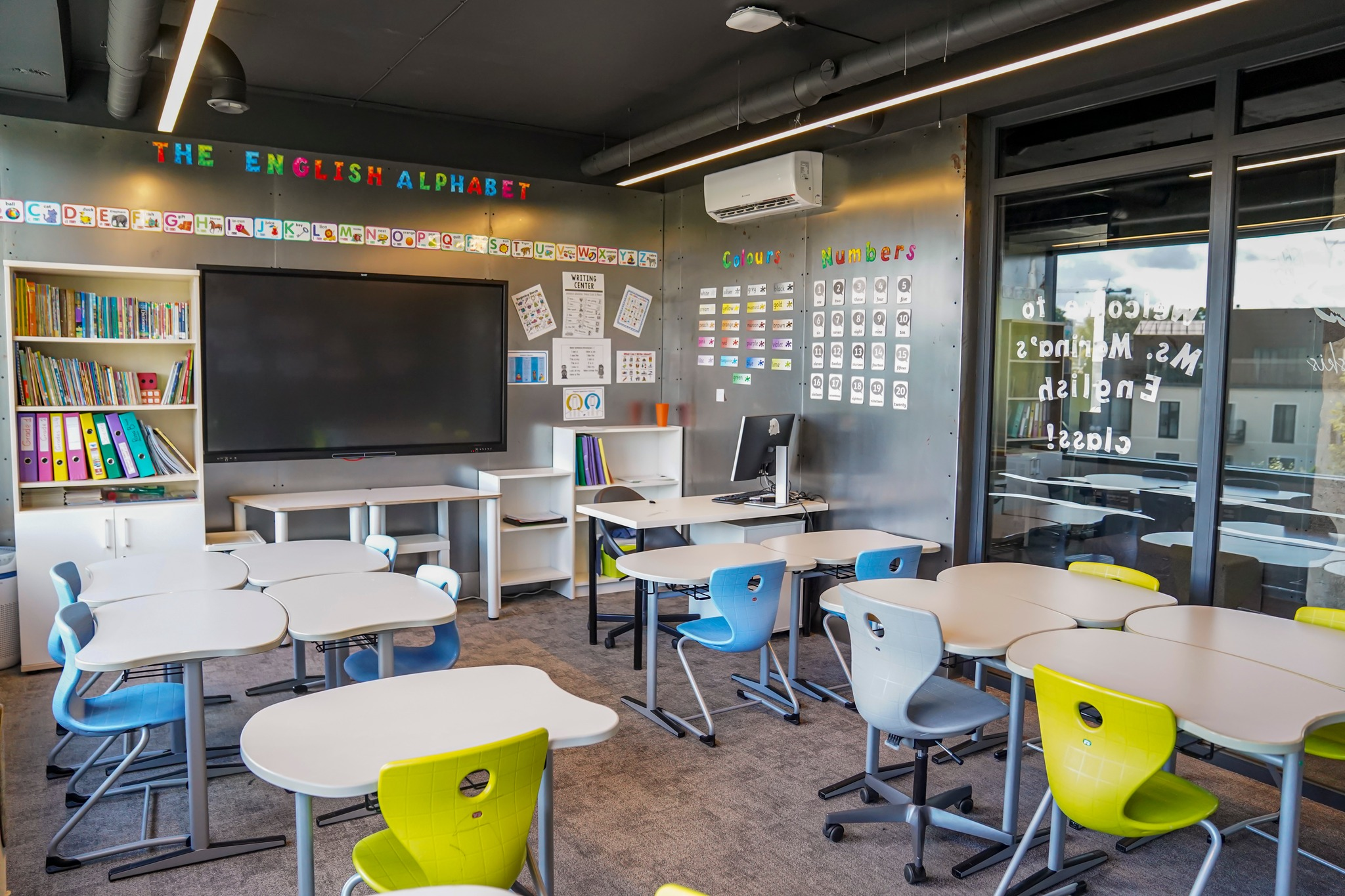
Learning environment
A modern and ergonomic learning environment ensures children’s emotional well-being, and encourages creativity and physical activity.
Visit us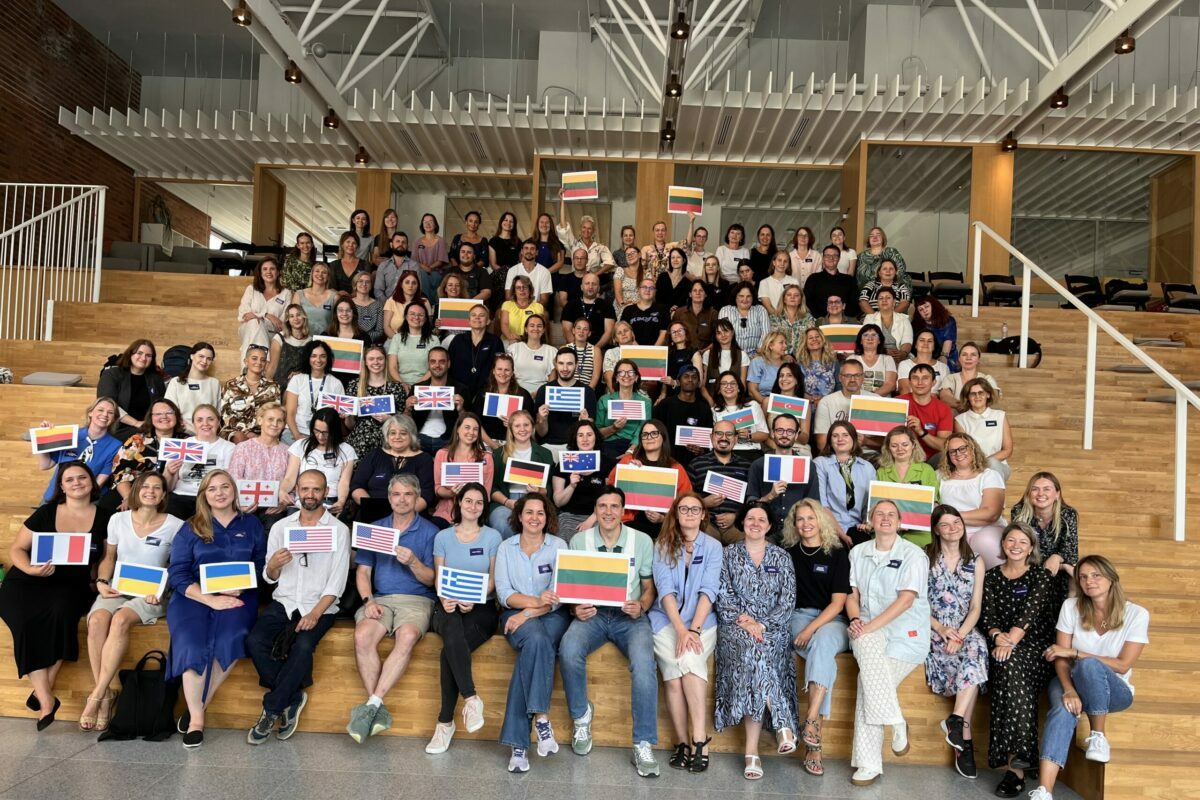
Our team
We are a team of dedicated professionals committed to inspiring, nurturing, and supporting each student’s success and personal growth.
Get to know us moreFrequently Asked Questions
Join our community
Sign up for a school visit or fill out an application to become part of our community today!
